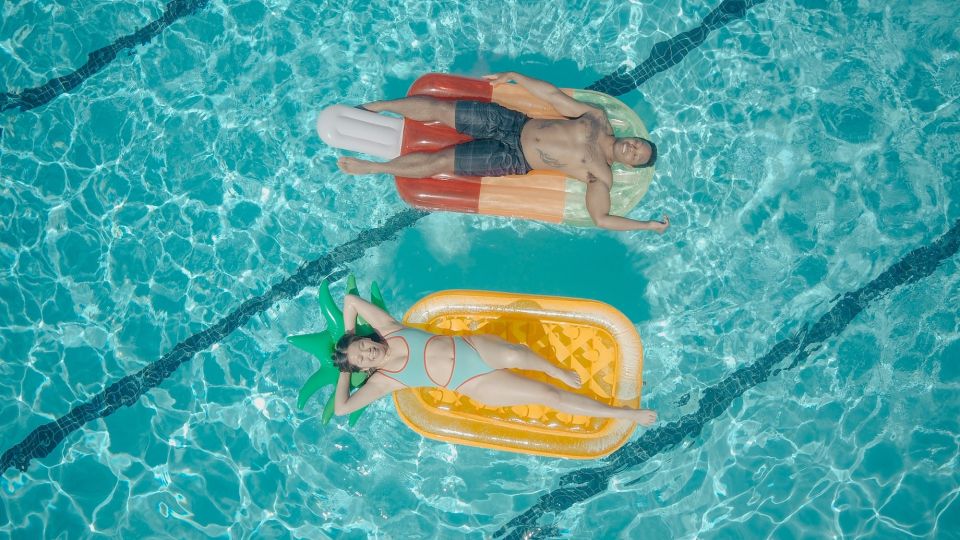Why people should never pee in pools
03/23/2023 | Written by Nikos Kaskaras in Swimming Pool Tips
It may sound unacceptable and annoying, but unfortunately, it's true: People do pee in public pools! There's no need to point out how anti-social and irresponsible this is. However, explaining the consequences and why no one should ever pee in a pool would be useful.
How much pee is there in pools?
Statistics on disgust are not easy to come by. There hasn't been a relevant study in Australia, but we can get a good idea from corresponding studies conducted in other countries in 2017.
- Swimming pools in Canada contain more than 60 litres of urine
- In the UK, the numbers are much higher resulting in 75 litres
- In general, one in five people has admitted to peeing in a pool
Although the figures above sound quite high, regular swimmers in public pools should not freak out. A team of researchers from a Canadian university found that the average amount of pee in a public pool containing 110,000 gallons of water is 0.000079% of the pool's liquid. This number sounds a lot better than the previous ones, right?
What are the effects of peeing in a swimming pool?
There's an obvious question that should be on everyone's mind by now: Is it dangerous to swim in a pool? The answer is no. It's not dangerous to swim in a public pool, even though many people pee in them. Chlorine acts as a protective "shield" that prevents negative effects on our health. That is why all swimming pools contain chlorine: To kill germs and all kinds of microbes, including those that come from pee.
It is a paradox, however, that the slight effects caused by peeing in swimming pools are due to chlorine. This is because when it comes into contact with pee, it produces chemical by-products that come to life and give rise to the characteristic odour of swimming pools. The negative effects that swimmers may feel come from these by-products and not from chlorine. These effects may include
- Eye irritation
- Nasal irritation
- Coughing
- Runny nose
- Difficulty breathing
However, none of the above effects can lead to serious conditions and most are temporary.
Suggested protective measures in the pool
It is worth noting that urine is not the only source of chemical by-products that can irritate when we swim in a pool. There are other factors such as perspiration, saliva, the use of sunscreen and even shed skin cells and hair that can cause unwanted effects. In any case, there are alternative solutions both to prevent undesirable effects and to avoid peeing in swimming pools. As far as preventive measures are concerned, the use of goggles and scarves are safe preventive factors. Avoiding eye contact protects our eyes from any harmful substance and acts as a 'seat belt'. At the same time, the use of a scarf prevents the release of hair into the pool, thus reducing the possibility of negative chemical substances being produced.
Tips to avoid peeing in the pool
A positive social attitude is highly recommended when discussing alternative solutions for not peeing in public pools. Again, there are ways to prevent it. It is useful to bear in mind that many children are swimming in pools. General condemnation of peeing in a pool is therefore neither productive nor effective. What can we all do to avoid this irresponsible act before it becomes inevitable?
- Make sure that all of us (adults and children) have used the toilet before entering the pool
- Shower and clean our bodies before entering the pool
- Let our children know that they should tell their parents if they feel they need to pee
- For toddlers, their parents should change their nappies at least once an hour
- Let every swimmer know that they should leave the pool when they need to pee and return afterwards
All the above tips are easy to do. Above all, they are safety requirements for everyone, because all pool users would use them again and again. Therefore, even people who have no social consciousness at all should make sure they protect themselves. The bottom line is that although peeing in swimming pools is not a public health hazard, adopting some simple habits could make swimming in public pools an even better experience.